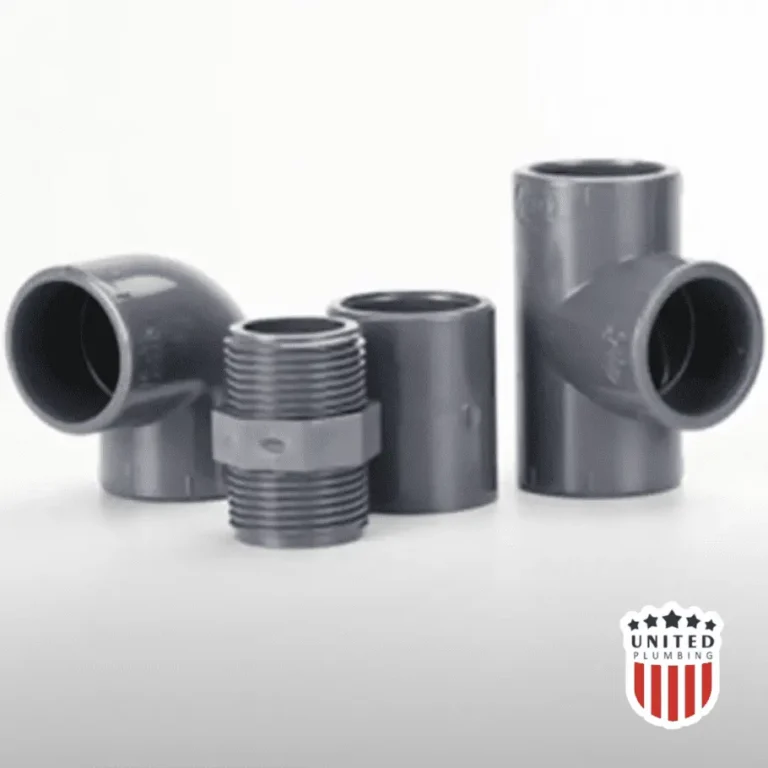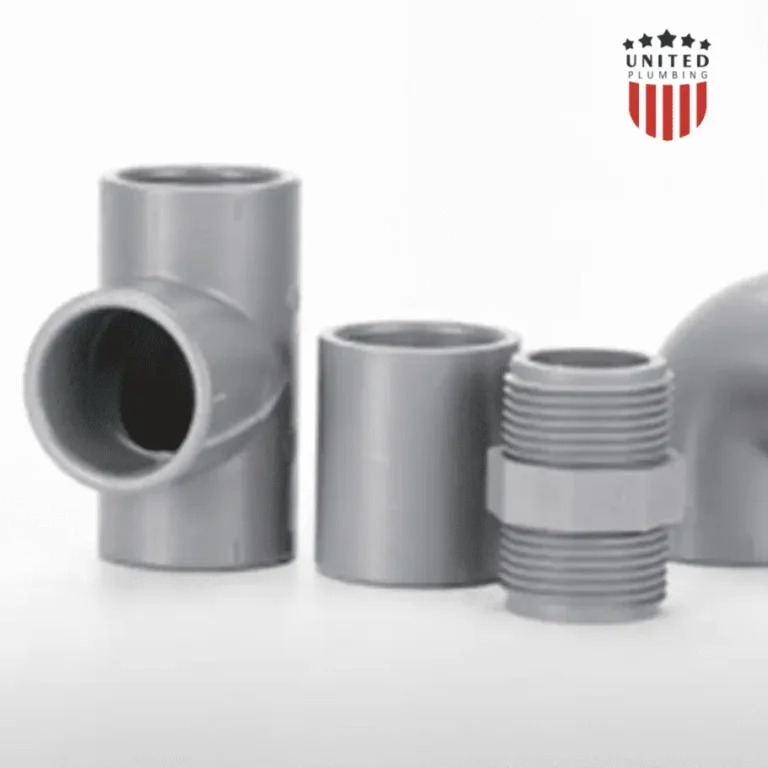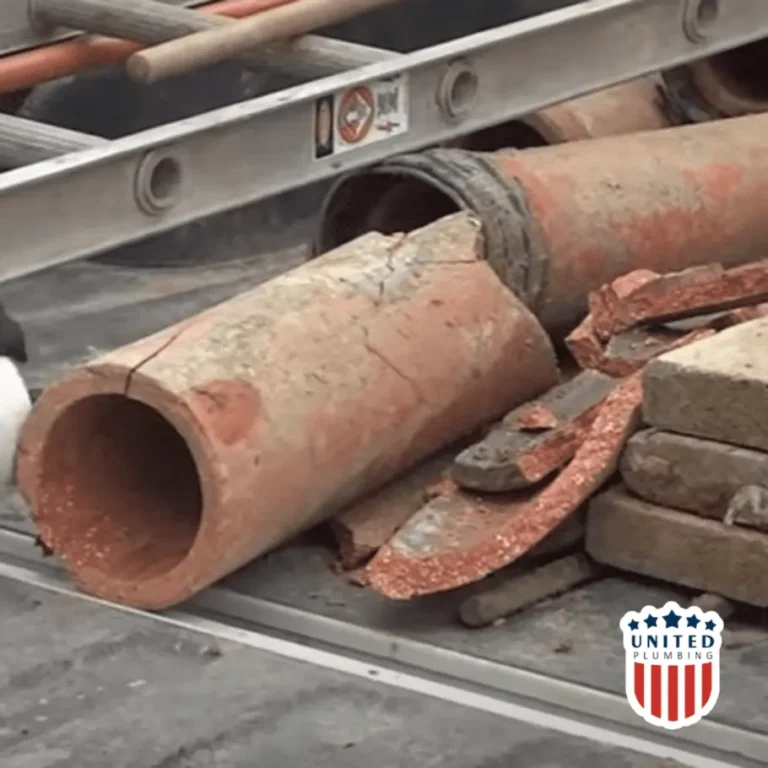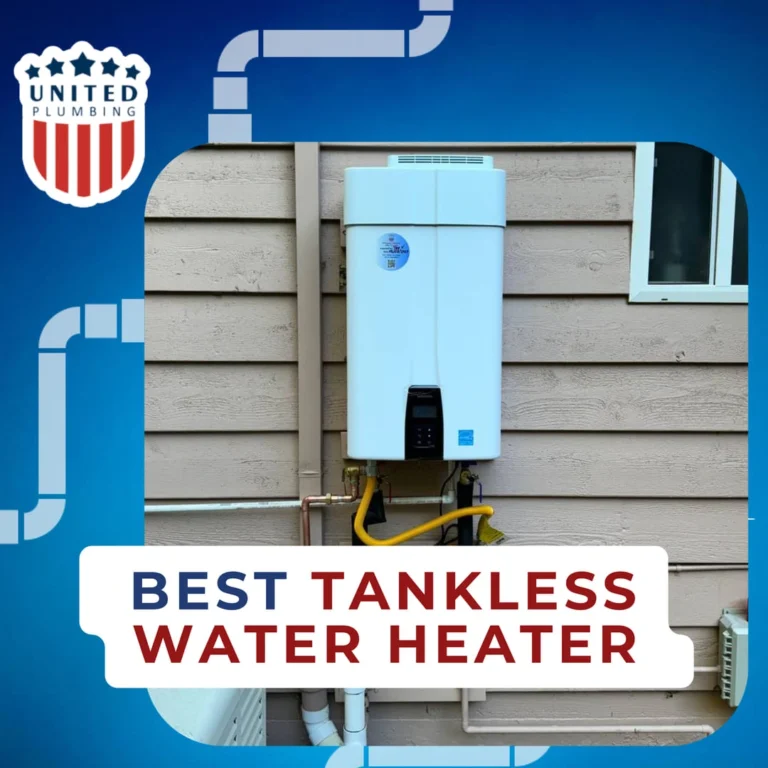FIVE-STAR TEAM WARRANTY &
SAME-DAY SERVICE
Best Pipe for Sewer Line: A Comprehensive Guide
When it comes to sewer lines, choosing the right pipe is crucial for the system’s longevity and efficiency. The wrong type of pipe can lead to frequent clogs, leaks, and other issues that can be costly to repair. With so many options available, it can be challenging to determine which pipe is the best for the job. This article will explore the different types of pipes commonly used for sewer lines and help you make an informed decision.

One of the most critical factors to consider when selecting a sewer pipe is its durability. Sewer lines are buried underground and subject to various environmental factors, such as soil movement and tree roots, which can damage pipes over time. Additionally, sewer pipes must withstand the weight of the soil and any traffic passing over them. Therefore, choosing a pipe with high durability is essential to prevent costly repairs or replacements. In this article, we will discuss the various pipe materials and their durability to help you choose the best option for your sewer line.
Types of Pipes for Sewer Lines
PVC Pipes
PVC pipes are a popular choice for sewer lines due to their affordability and ease of installation. PVC pipes are made of a durable plastic material that is resistant to corrosion and chemicals. They are also lightweight, making them easy to transport and handle on the job site. PVC pipes are available in a variety of sizes and can be used for both residential and commercial sewer lines.

ABS Pipes
ABS pipes are another type of plastic pipe commonly used for sewer lines. They are made from a thermoplastic material that is durable and resistant to corrosion. ABS pipes are also lightweight and easy to install, making them a popular choice for both residential and commercial sewer lines. ABS pipes are available in various sizes and can be used for both above-ground and underground applications.

Cast Iron Pipes
Cast iron pipes are a traditional choice for sewer lines due to their durability and long lifespan. They are made from a strong, heavy material that is resistant to damage from external forces. Cast iron pipes are also resistant to corrosion and can withstand high temperatures. They are available in a variety of sizes and can be used for both residential and commercial sewer lines.

Clay Pipes
Clay pipes are a less common choice for sewer lines but are still used in some areas. They are made from a fired clay material that is resistant to corrosion and chemicals. Clay pipes are also durable and can withstand high temperatures. However, they are heavier and more difficult to install than other types of pipes. Clay pipes are typically used for larger sewer lines in commercial and industrial applications.
In summary, there are several types of pipes that can be used for sewer lines. PVC and ABS pipes are popular choices due to their affordability and ease of installation, while cast iron pipes are a traditional choice for their durability and long lifespan. Clay pipes are less common but can be used for larger sewer lines in commercial and industrial applications. The choice of pipe will depend on the specific needs of the project and should be made in consultation with a professional plumber or contractor.

Factors to Consider When Choosing Sewer Pipes
Pipe Durability
When choosing a sewer pipe, durability is a crucial factor to consider. Sewer pipes are subjected to harsh environments and need to withstand the test of time. Pipes made from materials such as PVC, clay, and concrete are known for their durability and can last for decades. On the other hand, pipes made from materials such as cast iron and galvanized steel may be prone to rust and corrosion over time, reducing their lifespan.
Corrosion Resistance
Corrosion resistance is another important factor to consider when choosing sewer line pipes. Pipes made from materials such as PVC and HDPE are resistant to corrosion and can withstand the effects of chemicals and other harsh substances found in sewer systems. In contrast, pipes made from materials such as cast iron and galvanized steel may be prone to corrosion over time, leading to leaks and other issues.
Cost-Effectiveness
Cost is always a consideration when choosing sewer pipes. Pipes made from materials such as PVC and HDPE are generally less expensive than those made from materials such as clay and concrete. However, it’s important to consider the long-term costs associated with each type of pipe, including maintenance, repairs, and replacement.
Ease of Installation
The ease of installation is an important factor to consider when choosing sewer pipes. Pipes made from materials such as PVC and HDPE are lightweight and easy to install, saving time and money during the installation sewer line process. In contrast, pipes made from materials such as clay and concrete may be heavier and more difficult to install, which can increase labor costs.
Local Building Codes
Finally, it’s important to consider local building codes when choosing sewer pipes. Different materials and installation methods may be required depending on the location and type of building. It’s important to consult with local authorities and building codes to ensure that the chosen pipes meet all necessary requirements.
Post views: 485
Latest posts

Best Tankless Water Heater
Three weeks ago, my neighbor called me at midnight because her tank water heater died spectacularly—water...

How Much Does Air Duct Cleaning Cost
If you’ve recently searched for “air duct cleaning near me” or “vent cleaning near me,” chances are you’re concerned...


If you still have questions or need advice, please leave a request and we will contact you as soon as possible
Need a plumber and got no clue where to start?
(408) 539-6936Facing a plumbing issue? Get a FREE in-person estimate and quick solutions from our skilled technicians, ensuring your home runs smoothly again!
